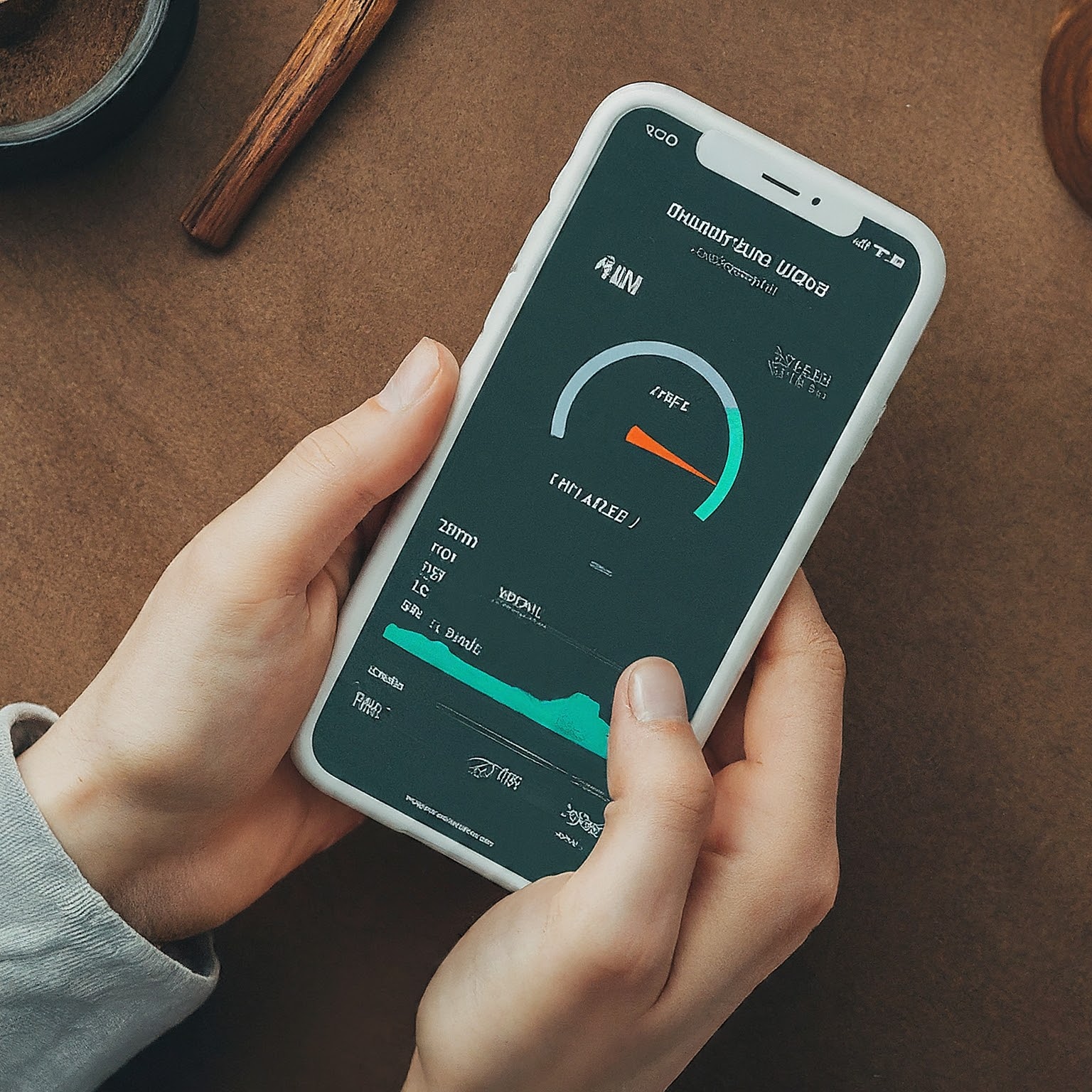Understanding your internet speed is crucial for optimizing online experiences, troubleshooting connectivity issues, and making informed decisions about your internet plan. This article will delve into the intricacies of internet speed, explaining how it’s measured, what factors influence it, and how to determine if your current speed is adequate for your needs.

Understanding Internet Speed
What is Internet Speed?
Internet speed refers to the rate at which data is transferred between your device and the internet. It’s typically measured in megabits per second (Mbps). There are two primary components to internet speed:
- Download speed: This measures how quickly data is transferred from the internet to your device. It’s essential for activities like streaming videos, downloading large files, and online gaming.
- Upload speed: This measures how quickly data is transferred from your device to the internet. It’s important for video conferencing, online gaming, and file sharing.
Factors Affecting Internet Speed
Several factors can influence your internet speed:
- Internet plan: The type of internet plan you subscribe to determines your maximum potential speed.
- Internet service provider (ISP): The quality of your ISP’s network infrastructure can impact your actual speed.
- Wi-Fi network: Wireless connections are generally slower than wired connections, and factors like router placement and interference can affect speed.
- Number of devices: Multiple devices connected to the same network can share bandwidth, reducing individual speeds.
- Time of day: Network congestion can occur during peak usage times, leading to slower speeds.
How to Measure Your Internet Speed
To accurately determine your internet speed, you can use online speed tests. These tools measure your download and upload speeds by transferring data between your device and a test server. Popular speed test websites include:
- Speedtest by Ookla
- Fast.com
- Google Speed Test
It’s recommended to run multiple speed tests at different times of the day to get a reliable average.
What is a Good Internet Speed?
The ideal internet speed depends on your specific needs and online activities. Here’s a general guideline:
- Basic internet use: 25 Mbps download and 3 Mbps upload speeds are sufficient for browsing, email, and social media.
- Streaming HD video: 25 Mbps download speed is recommended for smooth streaming without buffering.
- Online gaming: At least 25 Mbps download and 3 Mbps upload speeds are required for most online games.
- Video conferencing: 5 Mbps download and upload speeds are generally sufficient for high-quality video calls.
Improving Your Internet Speed
If your internet speed is slower than expected, you can try the following steps to improve it:
- Restart your modem and router: This can resolve temporary connection issues.
- Check for network congestion: Avoid using bandwidth-intensive applications during peak hours.
- Update your router’s firmware: Ensure your router is running the latest software.
- Optimize Wi-Fi network: Consider using a Wi-Fi extender or mesh network to improve coverage.
- Use a wired connection: If possible, connect your device directly to the modem or router for faster speeds.
- Contact your ISP: If you’ve tried the above steps and are still experiencing slow speeds, contact your ISP to troubleshoot the issue.

Conclusion
Understanding your internet speed is essential for optimizing your online experience. By following the tips in this article, you can measure your speed, identify potential issues, and take steps to improve your connection. Remember that the ideal speed depends on your specific needs and usage patterns.